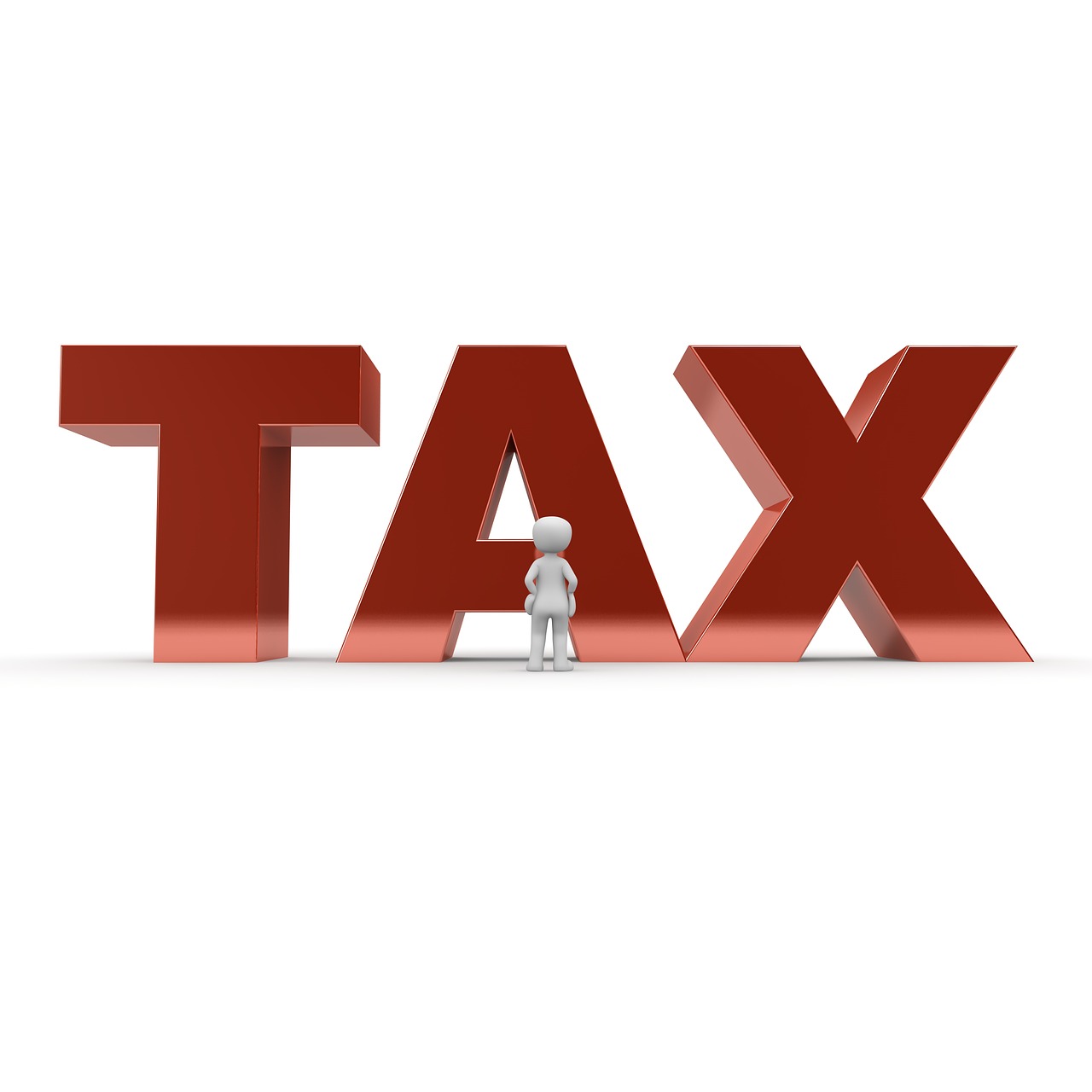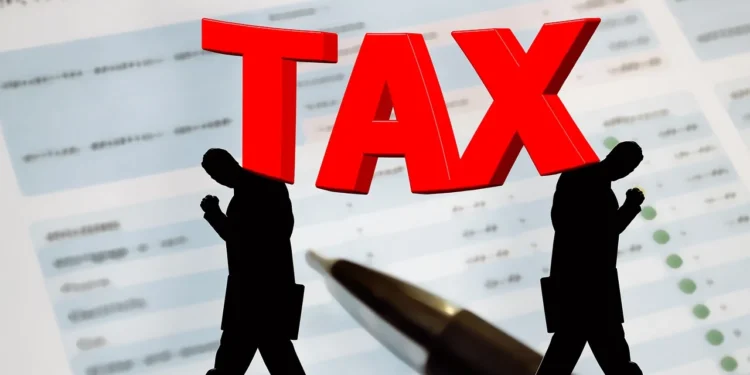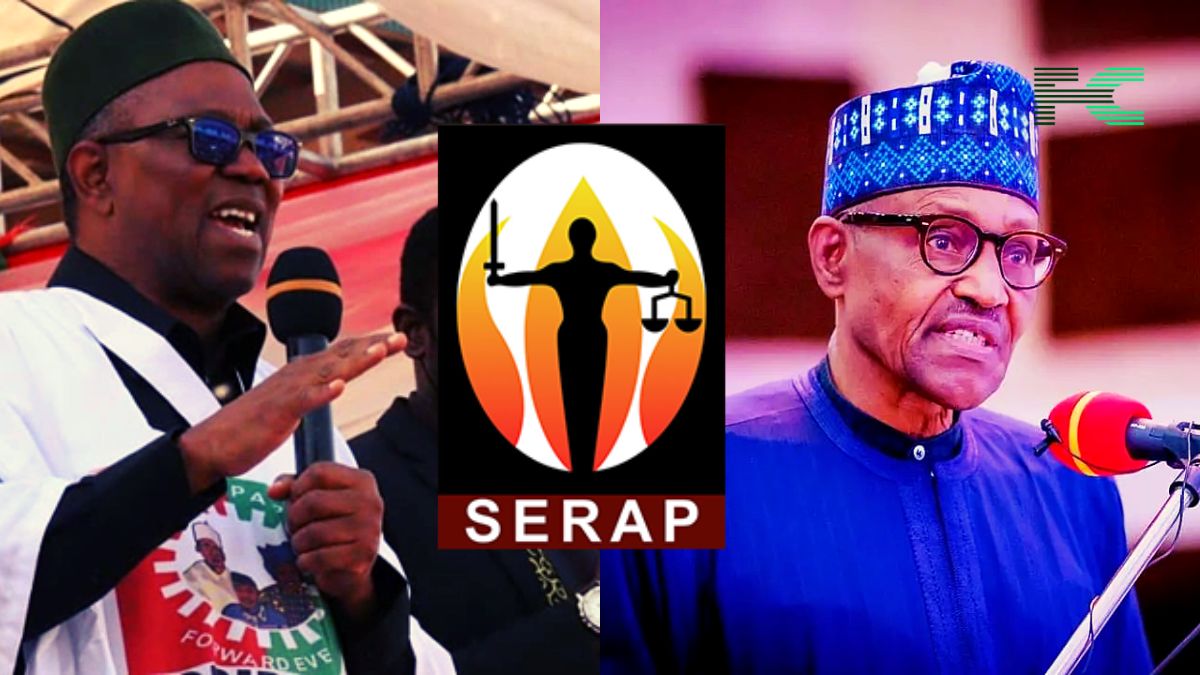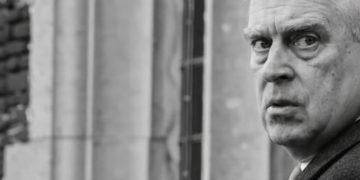The Speaker of the House of Representatives, Tajudeen Abbas, has pointed out the glaring inadequacy of Nigeria’s tax system, with the country’s tax-to-GDP ratio struggling at a meager 6%. According to Abbas, this is far below global standards and is strangling the country’s economic potential. The Speaker made this statement during an interactive session on Tax Reform Bills at the National Assembly Complex in Abuja on Monday. As reported by The PUNCH, the National Assembly is currently in deep discussions with tax experts, as they try to make sense of the controversial tax reform bills.
Abbas, in his welcome address, emphasized that Nigeria, despite boasting the title of Africa’s largest economy, is severely underperforming in terms of tax revenue. With a tax-to-GDP ratio that doesn’t even come close to the 15% benchmark set by the World Bank for sustainable development, the country faces an uphill battle in securing fiscal stability.

He noted, “Nigeria, despite being Africa’s largest economy, struggles with a tax-to-GDP ratio of just 6%, far below the global average and the World Bank’s minimum benchmark of 15% for sustainable development. This is a challenge we must address if we are to reduce our reliance on debt financing, ensure fiscal stability, and secure our future as a nation.”
Abbas is calling for a thorough and thoughtful debate on these proposed tax reforms, which he believes could diversify Nigeria’s revenue base, promote equity, and spark investment. But, of course, there’s the catch: These reforms need to be fair, transparent, and justified.
The Speaker, always playing the mediator, insists that any tax system must balance the need for public revenue with the burden it places on businesses and individuals.
Abbas acknowledged the debates the tax bills have ignited. There have been no shortage of media critiques, civil society uproars, and political bickering. But Abbas sees this as a good thing. “The controversies surrounding these bills whether in the media, civil society, or among governance stakeholders are a reflection of their importance. Such debates are healthy and necessary in a democracy, and this session aims to channel those discussions into productive outcomes. It is critical that we listen to diverse perspectives, ask probing questions, and seek clarity on any unclear provisions,” he said.
While Abbas made it clear that the House has not yet made up its mind on the bills, he reiterated that their role is to scrutinize the proposals thoroughly, ensuring they serve the best interests of Nigerians. “The House has not yet taken a definitive position on these bills. Our role is to scrutinise them thoroughly, ensuring they align with the best interests of our constituents and the nation at large. We owe this duty to Nigerians…” Well, isn’t that just the job description we’ve all been waiting to hear? A politician who understands that their primary duty is to the people.

















